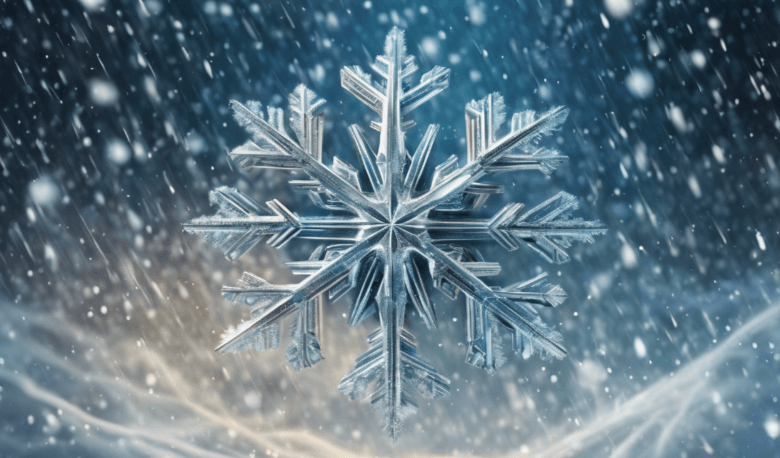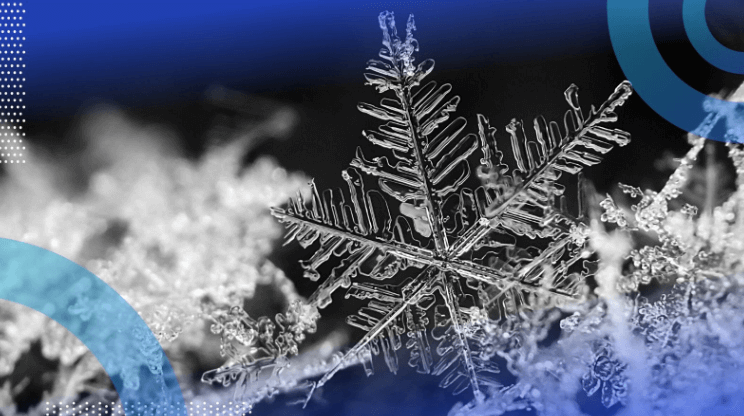clipart:5cxcar4yoms= snowflake

Introduction to Snowflakes
Snowflakes are intricate ice crystals that form in the atmosphere and fall as snow. Each clipart:5cxcar4yoms= snowflake is unique, showcasing nature’s artistry through its delicate patterns. They play a crucial role in the water cycle and are a symbol of winter beauty.
History of Snowflake Study
The study of snowflakes dates back centuries, with early observations by scientists like Wilson Bentley, who first photographed them in the late 1800s. His work paved the way for understanding their complexity and beauty.
Formation of Snowflakes
Snowflakes form when water vapor in clouds freezes into ice crystals. Atmospheric conditions such as temperature and humidity influence their shapes, leading to the diverse patterns we see.
Types of Snowflakes
Snowflakes can be classified into various types, including dendrites, plates, and columns. Each type has distinct characteristics, and no two snowflakes are exactly alike due to the unique atmospheric conditions they encounter.
Snowflakes in Culture
In culture, snowflakes symbolize purity and uniqueness. They appear in art, literature, and holiday traditions, often representing the fleeting beauty of winter.

Scientific Significance
Snowflakes are important in meteorology and climate studies. Their formation helps scientists understand weather patterns and the impact of climate change on precipitation.
Snowflakes in Art
Artists have long been inspired by snowflakes, using their intricate designs in various forms of art. From paintings to jewelry, snowflakes are celebrated for their symmetrical beauty.
Read Also clipart:95fetoerzb8= frosty the snowman
Mathematics of Snowflakes
clipart:5cxcar4yoms= snowflake exhibit fascinating mathematical properties, including symmetry and fractals. Their geometric complexity is a subject of study in mathematical fields, revealing nature’s precision.
Snowflakes and Technology
Modern technology, such as advanced imaging techniques, allows researchers to study snowflakes in detail. These methods help scientists explore their structure and formation processes.
Snowflakes in Literature
Snowflakes often serve as metaphors in literature, symbolizing themes of transience and individuality. They appear in poetry and stories, capturing the essence of winter and human experiences.
Symbolism of Snowflakes
Snowflakes symbolize purity, individuality, and the transient nature of life. Their delicate, fleeting existence reminds us of the beauty and impermanence of nature.
Snowflake Crafts and DIY
Creating clipart:5cxcar4yoms= snowflake and decorations is a popular winter activity. These crafts encourage creativity and bring the beauty of snowflakes indoors, adding a festive touch to homes.
Fun Facts about Snowflakes
Snowflakes are fascinating, with each flake potentially containing up to 200 ice crystals. The largest recorded snowflake was reportedly 15 inches wide, highlighting nature’s wonders.
FAQs about Snowflakes
What causes the different shapes of snowflakes?
Their shapes are influenced by temperature and humidity during formation.
Are all snowflakes truly unique?
Yes, the specific conditions each flake encounters ensure no two are exactly alike.
How do snowflakes form?
They form when water vapor freezes into ice crystals in the atmosphere.
Why are snowflakes important in climate studies?
They help scientists understand weather patterns and the effects of climate change.
What is the largest snowflake ever recorded?
It was reportedly 15 inches wide, found in Fort Keogh, Montana, in 1887.
Conclusion
Snowflakes are a marvel of nature, reflecting complexity, beauty, and the wonders of the winter season. Their intricate patterns and symbolic meanings enrich our appreciation of the natural world. From scientific study to cultural significance, clipart:5cxcar4yoms= snowflake continue to captivate and inspire.







